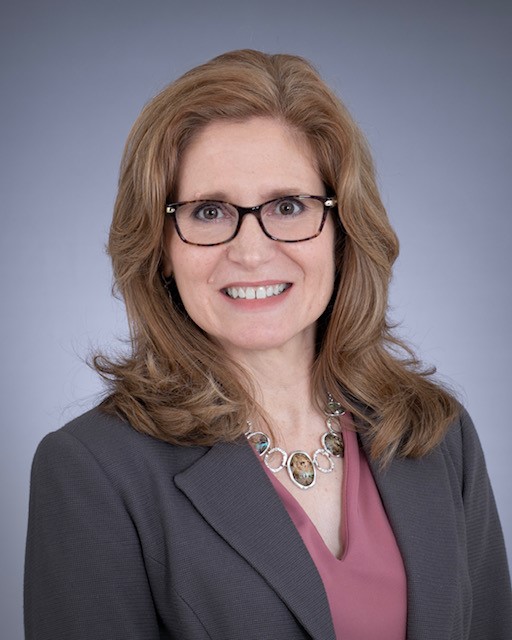September 2023
“The single biggest problem in communication is the illusion that it has taken place.” George Bernard Shaw
Everything we do in health care — from reassuring a patient, to collaborating with coworkers, to coordinating patient care — relies on effective communication. Clear, accurate and timely communication has direct implications for our patients’ outcomes. This is why Dr. Jordan Dale, CMIO, and I are partnering to lead a clinical communication project at Houston Methodist.
With inputs coming from multiple sources, at random times and constant changes with whom you need to communicate, effective health care communication is tremendously challenging. The clinical communication initiative is looking to streamline these processes with the approach below:
-
Part 1: Standardized approach to role-based communication. This includes a focus on patient care team and on-call scheduling contact information to decrease confusion on who to contact and when.
-
Part 2: Provide iPhone 13s to many acute care clinical departments, enabling streamlined communication with features like direct dialing and Secure Chat notifications. HM-supported applications for personal mobile devices will also be available to help with more effective communication between everyone on the care team.
-
Part 3: Alarm management program to automate and focus the right alerts, to the right clinicians, at the right time.
In preparation for these changes, here are a few things you can do to help:
-
If you’re a patient care team member, ensure you’ve assigned yourself to patients’ treatment teams in Epic
-
Be open to new ways to communicate.
-
Understand the expectations set for everyone to communicate with other team members effectively and efficiently.
As always, if you have thoughts or comments, you’d like to share, please click the link below.
Share Your Thoughts

